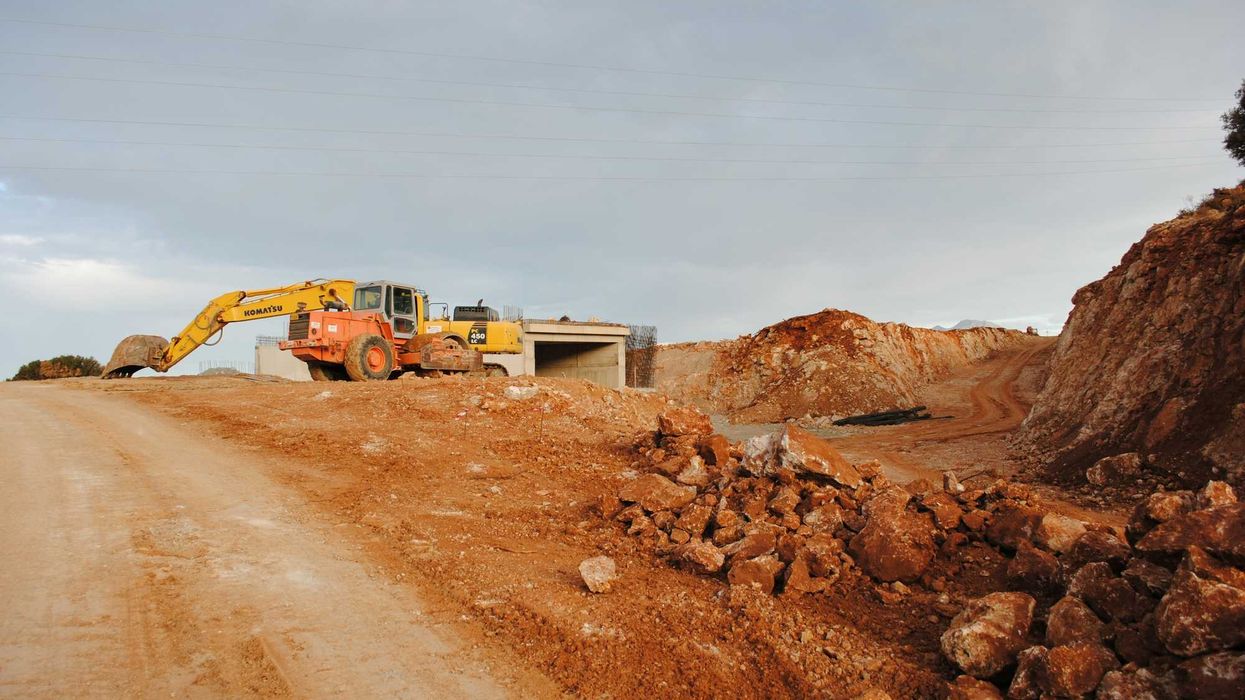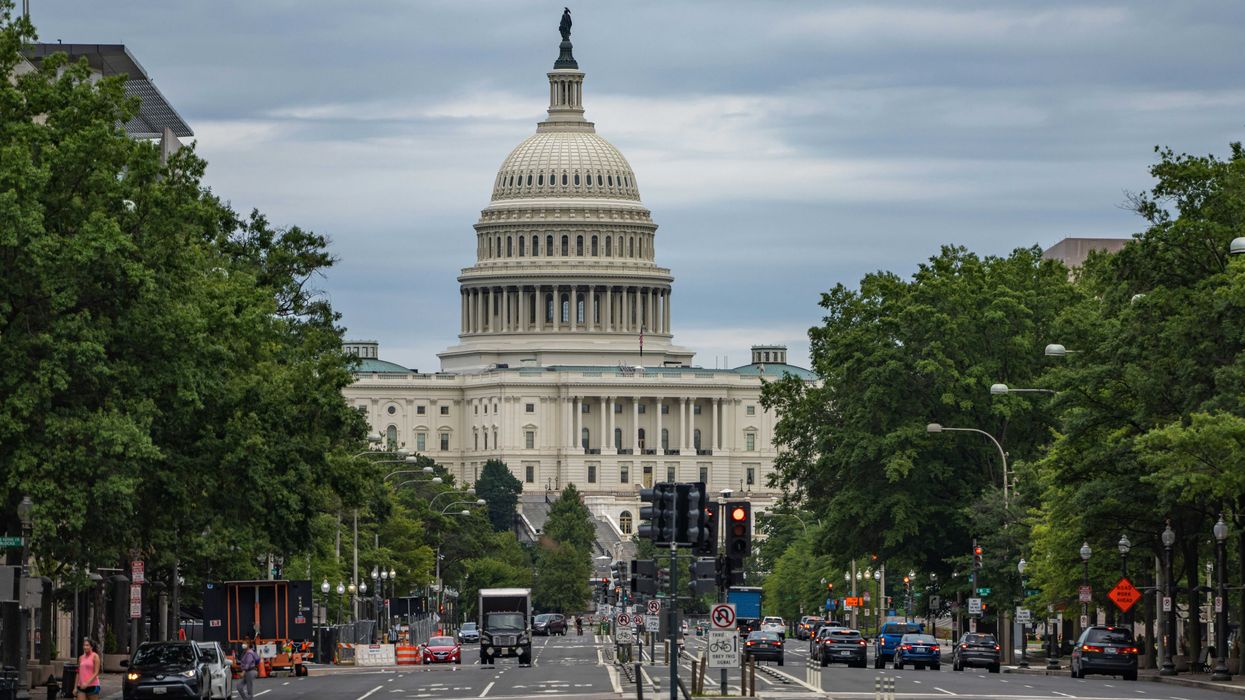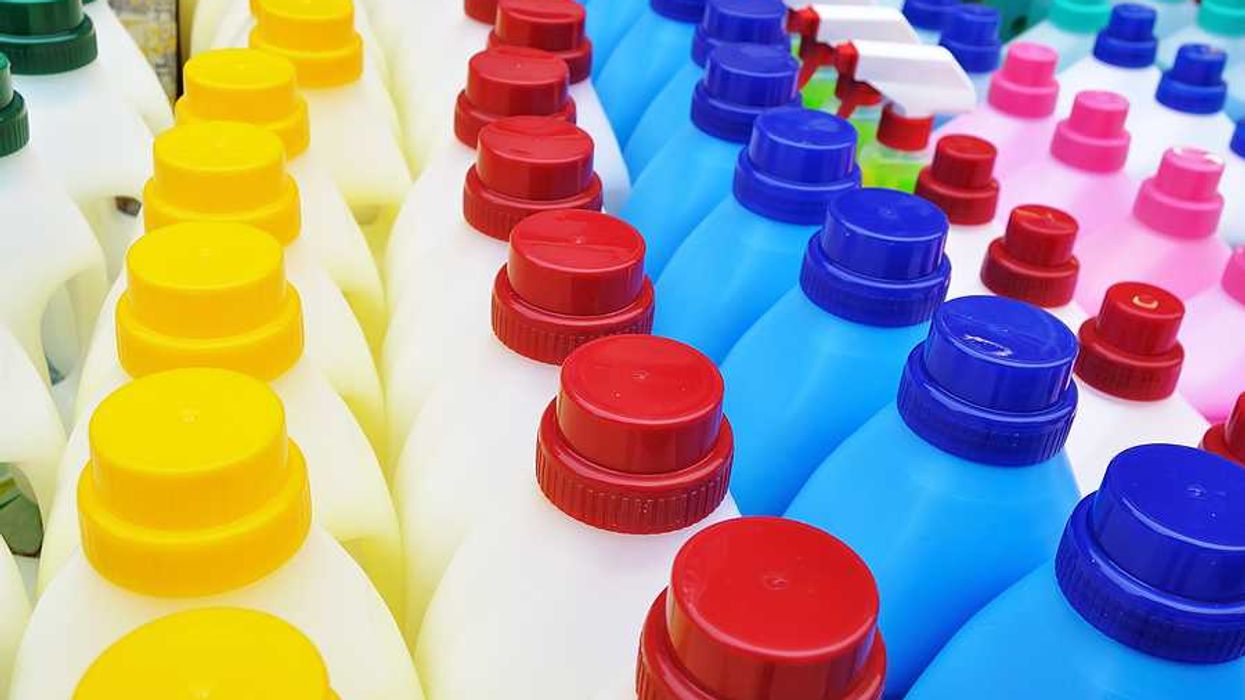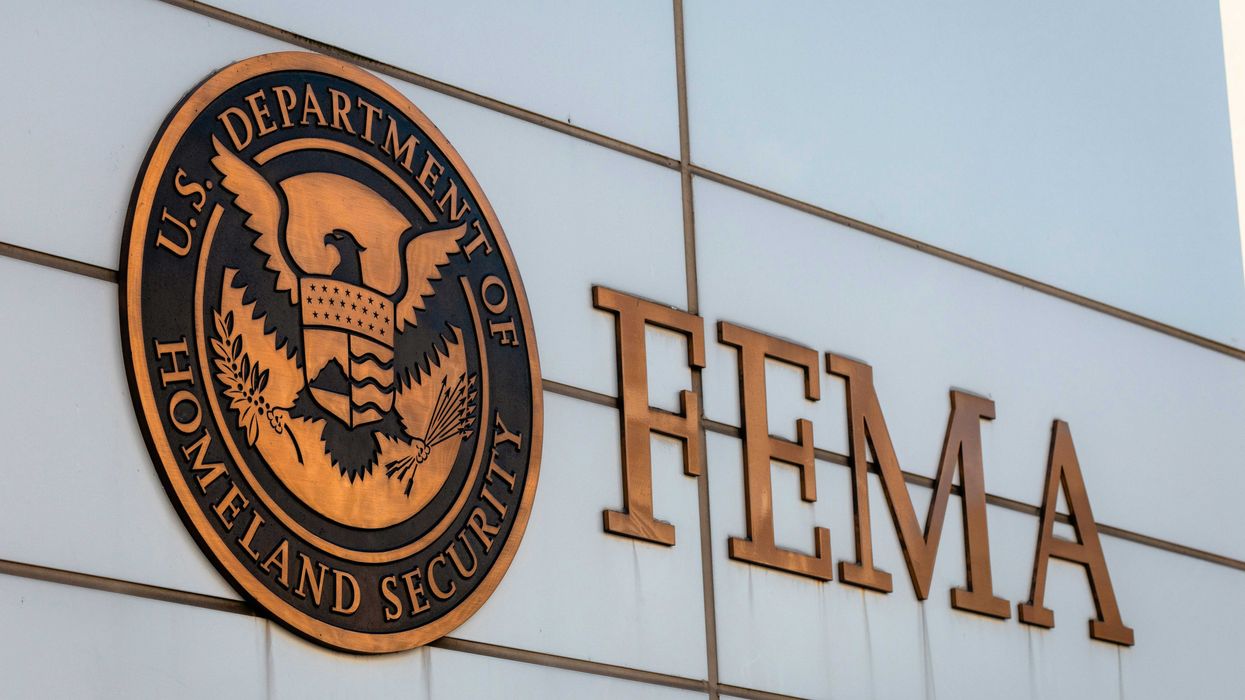Disparate tribal voices in Washington state found unity in the Northwest Indian Fisheries Commission, which was created following the Boldt Decision. The decision spider-webbed out to other regional bands of tribes coalescing around shared fishing rights.
“We could have a lot more fish," says Paul Lumley, executive director of the Columbia River Inter-Tribal Fish Commission and member of the Yakama Nation. The Commission came to be in 1977 to protect fish and tribal interests along the Columbia River basin in Washington state, Montana, Idaho and Oregon.
Urbanization, dams, irrigation and deforestation are major challenges for proper fish habitat in the basin.
“When tribes signed treaties in 1855, there were about 15 million fish returning, lately we've been seeing about 2.5 million," Lumley says.
The Columbia River has suffered along with the Puget Sound: Chinook are listed as federally threatened on both the Lower and Upper Columbia River; and coho are threatened on the Lower. A series of mighty dams, including the Grand Coulee, have blocked salmon runs that once fed the souls and bellies of tribes as far away as Idaho.
The Lower Columbia River tribes are fortunate: They at least still have salmon returning for their First Salmon Ceremonies. Decades ago the Spokane Tribe, in eastern Washington state, prayed, sang over and celebrated Columbia River salmon. Those runs are long gone.
“The loss of that cultural connection … I cannot even comprehend," Lumley says.
Such losses and threats to tribal fishing rights span the U.S. In August, the Yurok Tribe in California reported that salmon throughout the Klamath River and on their reservation have a deadly disease. The disease—coming at a time when the Northern California tribes are already dealing with record low salmon returns—is caused by a pathogen spurred by warming water.
In Michigan the Grand Traverse Band of Ottawa and Chippewa Indians are trying to block a settlement that energy company Enbridge signed with the U.S. Environmental Protection Agency over previous oil spills in the state. The tribe says they weren't consulted on the settlement, which they say breaks an 1836 treaty granting them fishing rights in the Straits of Mackinac. The Straits, where lakes Michigan and Huron meet between the state's two peninsulas, has Enbridge's controversial Line 5 oil pipeline running underneath it.
In Minnesota the Mille Lacs Band of Ojibwe tribe has been dealing with a languishing walleye population and a testy relationship with the state over fish quotas on Mille Lacs Lake. The fish populations have been dipping since 2000 due to many factors, including invasive species and fishing pressure. State officials estimate total walleye biomass—the weight of the stock—is down from about 2.7 million pounds in 2000 to roughly 770,000 pounds in 2014.
State officials have discussed closing the lake to walleye fishing. Last year the walleye fishery was closed early, and state managers have been reducing quotas for both tribes and anglers.
“Not practicing walleye harvests has a huge impact on our way of life," says Dylan Jennings, spokesperson for the Great Lakes Indian Fish & Wildlife Commission, which represents 11 member Ojibwa bands.
“Walleye are used in ceremony and in the ways of the Anishinaabe people, much like salmon is important to people out West," Jennings says.
Back in the Northwest, regional tribal fish commissions have been instrumental in inserting the tribes into fisheries management. But the problem, says Jason Gobin, the Tulalip fish and wildlife director, is that “half of zero is zero."















